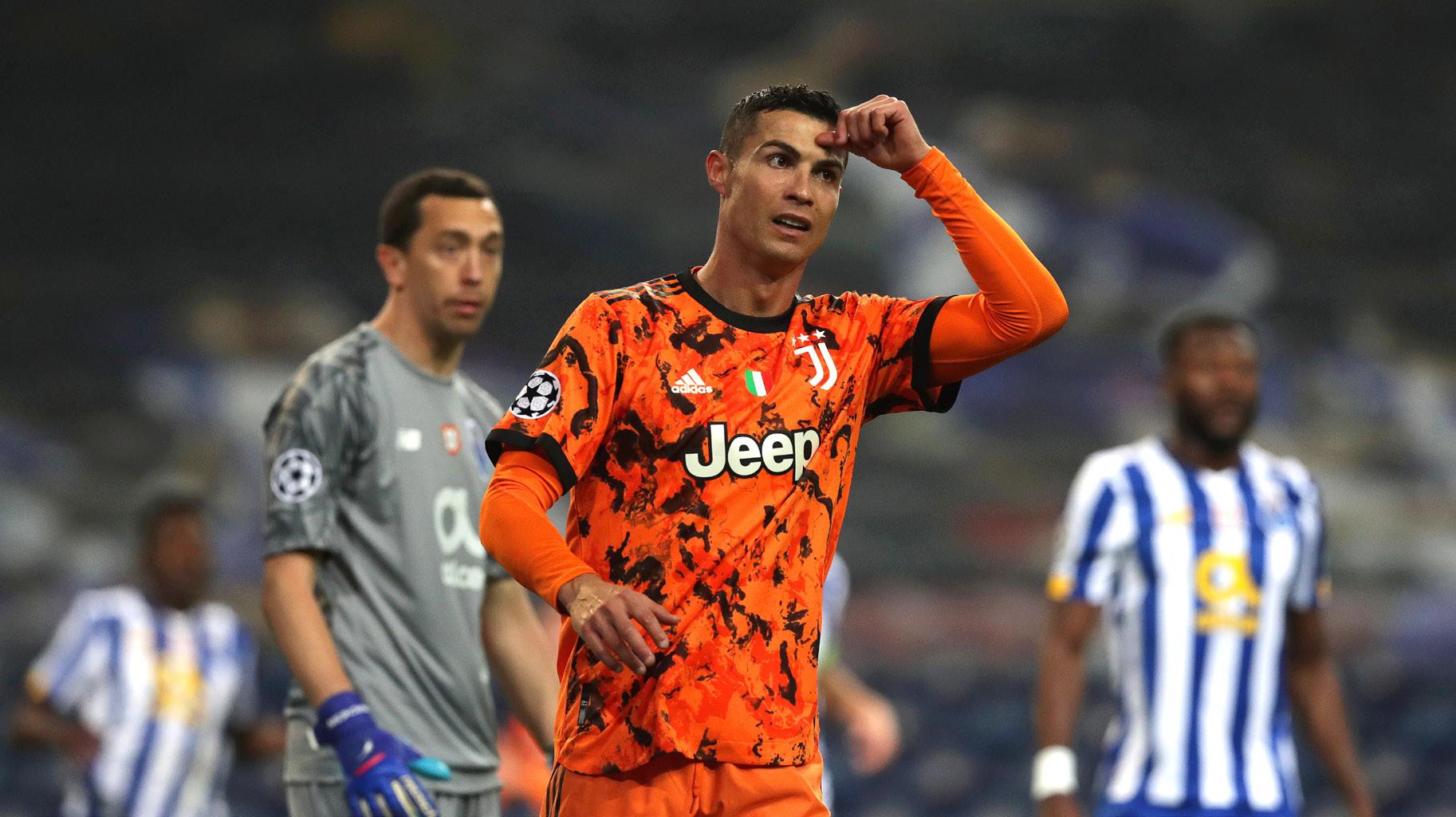FIRST WORD
QUANTITY OVER QUALITY RADICAL CHANGES TO THE CHAMPIONS LEAGUE ARE COMING, AND GABY MCKAY FEARS THEY ARE NOT FOR THE BEST AND WARNS OF A BLOATED TOURNAMENT ON THE HORIZON…
W
hen you think of a thrilling and passionate spectator sport, chess isn’t the first thing that comes to mind. No disrespect to Garry Kasparov and co but it’s in a whole other world to Borussia Dortmund’s Yellow Wall or a soldout San Siro. If you’re a football fan though you better get used to thinking like a chess player as UEFA gets set to launch the new and not necessarily improved Champions League. From 2024 onward we’ll see the tournament expanded to 36 teams with a fairly mind-boggling new format. The traditional group stage will be thrown out and replaced with a league format based on a so-called ‘Swiss system’ used in chess. The model is used for tournaments in which there are too many entrants to realistically all play each other, but no desire to shrink the tournament. In the Champions League it will work something like this: 36 teams qualify for the group stage of the competition, with two ‘wildcard’ places reserved for the non-qualified teams with the best coefficient record over the previous five seasons. For example, if a Champions League regular missed out this season they’d likely be granted a reprieve as
6
SOCCER360 MAY • JUNE 2021
‘THE TRADITIONAL GROUP FORMAT WILL BE REPLACED BY A LEAGUE SYSTEM’ one of the wildcard entrants. After that, the coefficient is used to rank all the clubs from one to 36. Based on that, the teams are given five home games and five away games against 10 different opponents. After 10 games the top eight teams in the league go through to the last 16, while the next 16 teams go into a play-off round to determine who makes up the rest of the first knockout round. If it all sounds tedious that’s because it almost certainly will be. It’s not just that this is complicated – the Nations League has been a success despite initially appearing to be overly complex – it’s fundamentally wrong-headed. We know in the current format that the group stage games have become largely meaningless. The financial dominance of the big leagues means there’s very little chance of any of the elite clubs being knocked out unless they happen to be managed by Antonio Conte. This season’s last 16 was made up of four Spanish clubs, four German, three Italian, three English plus one each from France and Portugal. That’s 14 of 16 coming from Europe’s top four leagues, plus Qatari-backed Paris Saint-Germain, and Porto whose league is ranked seventh by coefficient. In other words it’s exactly what you’d expect. Ferencvaros, Zenit St Petersburg and Rennes managed a point each in this season’s group stage, while Midtjylland and Basaksehir got three. There’s no drama because even if two big sides play each other, both will almost certainly go through. The knockout stages in recent years have been thrilling and unpredictable, but you could basically do the draw in August. The changes from 2024 onward increase the number of group stage matches from 96 to 180, which is good news if you’re trying to sell television rights. It’s not such good news if
TOP: Teams like Liverpool could be granted a reprieve if they don’t qualify for the Champions League LEFT: It’s hoped more games will bring bigger contracts BOTTOM: UEFA has agreed a new format from 2024 onward
you want to watch competitive football. The chances of one of Europe’s giants finishing outside the top 24 are slim to nil. Even if Inter and Manchester United had a similar campaigns to the ones they endured this time around they’d be ranked somewhere around 17th or 18th and face a play-off against a team from somewhere like Scotland or Austria. In making the move UEFA and the European Club Association hope quantity will prevail over quality when it comes to those lucrative TV contracts. The governing body, in an attempt to stave off a Super League has signed up to the worst of both worlds. A breakaway is a terrible idea and an affront to the principle of sporting merit, but it would at least have the best teams in the world duking it out in games that mean something. Instead we’ve got a system that will see the same teams qualify for the knockout rounds as always qualify for the knockout rounds. Plus two who will get in if they don’t qualify. And more money for the wealthiest clubs in the world. Checkmate.












